Identification of strategies to improve goat marketing in the lowlands of Ethiopia: a hedonic price analysis

Authors:
This article aims at identifying factors that determine market prices of goats and analyse potential mechanisms by which smallholder goat producers could maximize their benefits. Data on 357 farm households and 2103 goat transactions were collected in three major goat markets in the lowlands of Ethiopia. Hedonic price models adjusted for heteroscedasticity were employed to analyse the observed price data. Model results showed the relative importance of different factors in determining goat prices. Animal attributes including age, sex, live weight, body condition and presence of horn as well as types of buyer and market outlet targeted and time of selling were found to be important. Particularly, goats marketed during festive periods where demand for meat increases (e.g. Ethiopian New Year) command higher prices. These results imply that interventions such as systematic selection schemes targeting traits demanded by the market, improved linkages to markets, easy access to market information systems and creating conducive environment including incentive mechanisms can enhance smallholder farmers’ and pastoralists’ ability to take advantage of seasonal and spatial price changes and become market responsive with effective marketing strategies. Such changes can be potent in improving the livelihoods of smallholder farmers and pastoralists.
